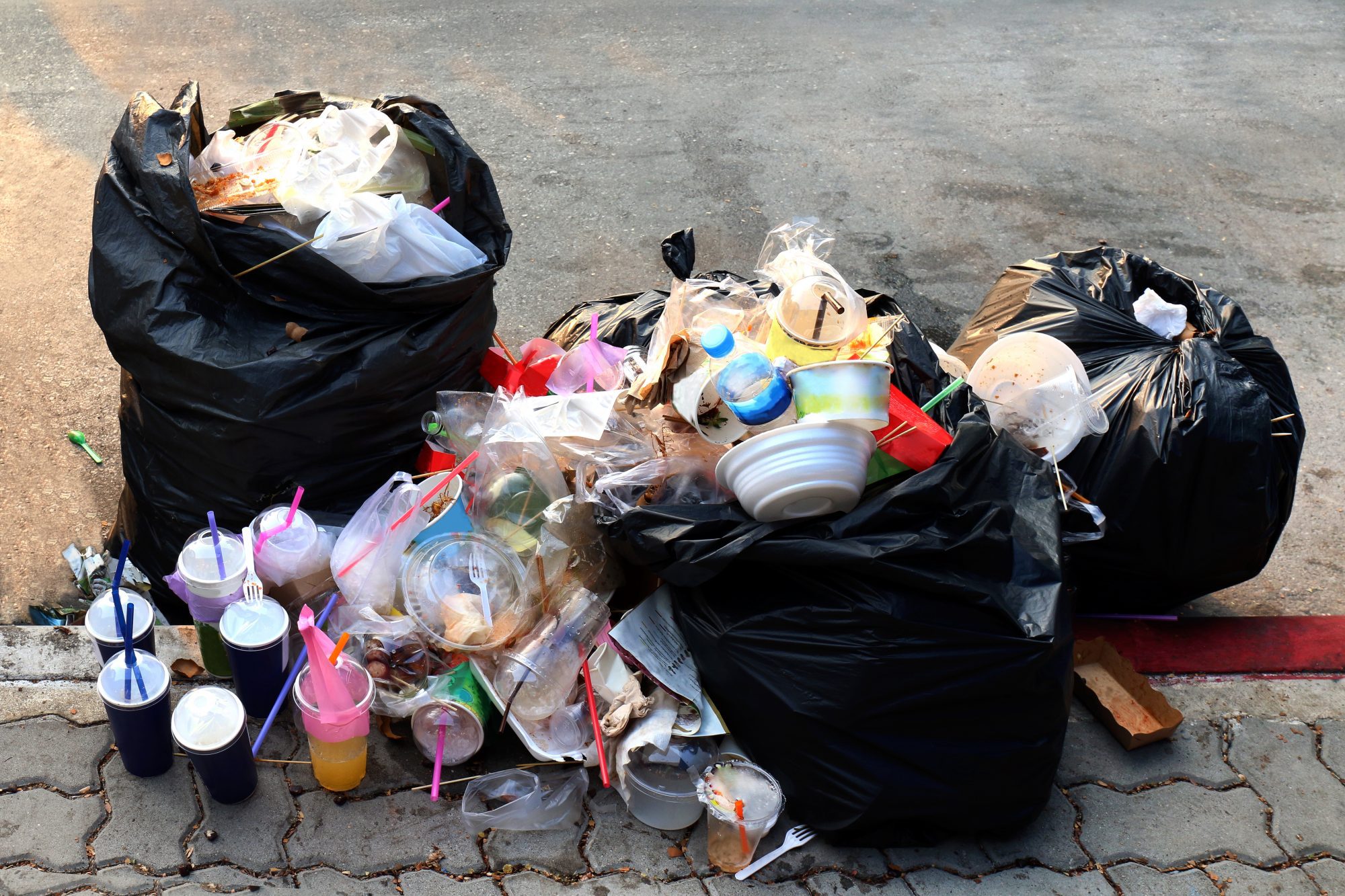LYNN — Residents received their first bills for the city’s new trash fee last week, and city councilors say there have been numerous complaints.
The newly-imposed trash fee is $90 annually per residential or commercial unit, with two biannual bills. It is expected to raise $2 million in revenue annually for the city.
The fee was enacted through a home rule petition, approved by the City Council and state legislature earlier this year and then signed off on by the governor, which allowed the city to borrow up to $14 million to close their budget deficit.
In return, the city had to demonstrate ways it could raise revenue to repay the loan, with the trash fee as one of the strategies.
“Nobody likes to get a bill,” said City Council President Darren Cyr. “A lot of people said they weren’t aware of it. Anybody reading the newspaper had to know about it. It’s something that we, as the (City) Council and mayor had to do. It’s something we didn’t want to do. In order to balance our budget and continue providing services, we had to impose a trash fee.”
Cyr said the city incurs roughly $7 million a year in trash fees, or the cost to collect and dispose of trash. If the fee wasn’t imposed to offset some of that cost, he said there was a possibility about 100 city employees would have had to be laid off.
He said the $90 fee was settled on through much debate, with an eye on what officials believed was fair to taxpayers and what would allow the city to continue to provide services to its citizens. Cyr said the remaining $5 million of the city’s annual trash cost will come out of tax revenues.
“For the most part, 99 percent of the people that come in (to complain), once they realize why we have to do it, (they’re) not satisfied, but they go away less angry,” Cyr said. “But there will always be that 1 percent.”
The trash fee will be imposed for at least 10 years, Cyr said, which is how long the bailout legislation is for.
Ward 2 City Councilor Rick Starbard, who voted against imposing the trash fee earlier this year, said he’s fielded at least 30 complaints since trash fee bills went out, despite the new fee being widely reported.
“So many people felt that they were caught off-guard and they weren’t happy about having to pay something that in the past they had gotten as part of their taxes,” Starbard said.
Starbard said some people were pretty irate when they first contacted him, but calmed down after they had the fee explained to them.
Starbard voted against the trash fee because he could not support a fee on single-family homeowners. He had been in favor of a non-owner occupied fee, an ordinance that was passed last year, but never imposed, which would have charged owners of multi-family properties annually.
Peter Caron, the city’s chief financial officer, previously told The Item billing for the original ordinance posed a logistical nightmare because the fee was to be imposed only on out-of-town landlords.
There were also exceptions to the fee. For example, if the owner of a two-family lived on the first floor, but leased the second floor to a relative, there would be no charge. The registration of such arrangements would create a hardship for the city to enforce, Caron said.
Bills for the new trash fee were supposed to be mailed out in April, but Cyr said the city couldn’t mail out the bills until there was a set budget. The City Council passed a $319.5 million FY19 budget last week. The next bill will go out in September.
The trash fee is for units who use city-sponsored trash service only. Units will have to prove they’re being serviced by producing a contract to avoid a fee.
For unoccupied units, owners can avoid a fee for each full six-month billing period that their unit is unoccupied. The owner must document vacancy by producing a water bill, or in some cases, an electric bill. The owner must sign a vacancy form stating that the unit was not occupied for the entire six-month billing period.
Cyr said there’s also been some confusion about seniors 69 and older not realizing they’re entitled to an abatement, or discount, for the trash fee. Those seniors are entitled to a $40 yearly abatement, with applications available at the Collector’s office, Assessor’s office and Department of Public Works office.
In order to qualify for the abatement, the applicant must both own and occupy the unit. Proof of age must be produced with either a driver’s license or birth certificate and proof of residency must be produced with an electric, telephone, or cable bill. A water bill will not be accepted.
Cyr said the cost of disposing trash goes up each year and there continues to be fewer places the city can bring it to. The possibility of a trash fee has been floated for a couple of years.
“When we realized the severity of the budget problem for 2018, what we were faced with for 2019 and 2020, we had to come up with ways for bringing in more revenue (and) this was one of the only ways for us to do that right now,” he said.

